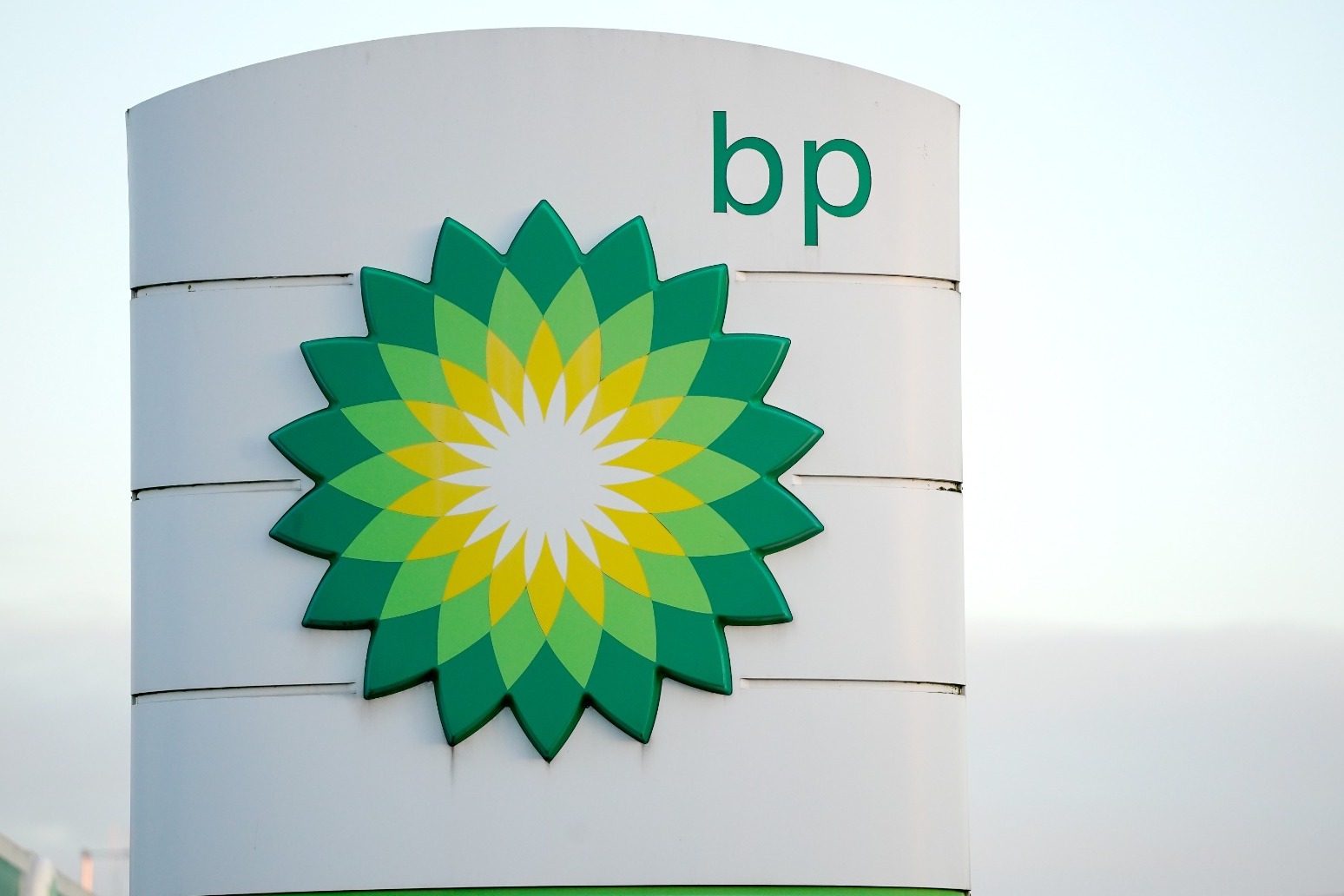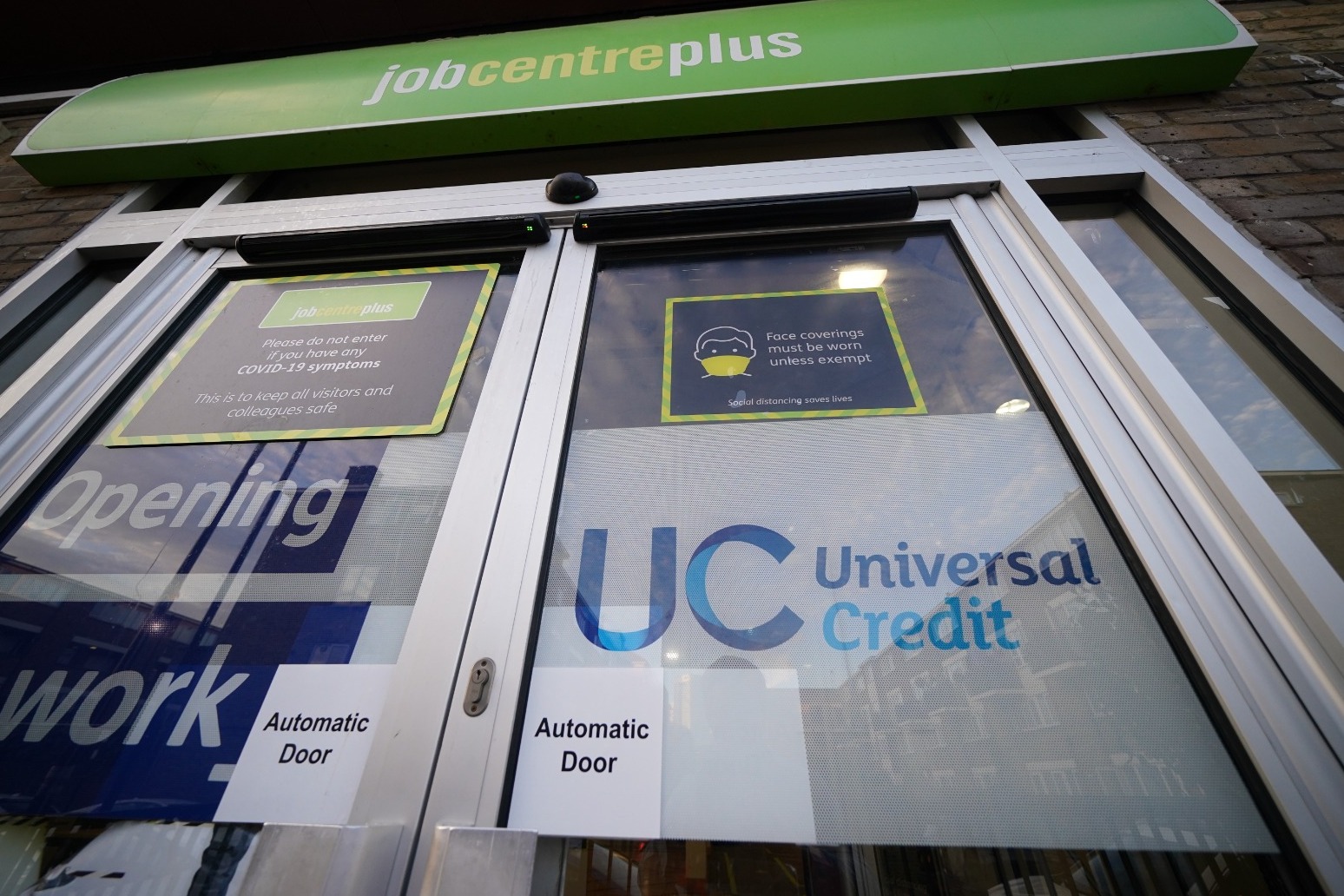
BP is expected to announce slowing profits and revenues for the first quarter of 2024, as it wrestles with lower oil prices and weaker refining margins than this time last year.
The oil super major will give its latest quarterly results in an update on May 7, with profit expected to come in at £5.07 billion, lower than the £6.79 billion at the same point in 2023.
The results come in the wake of former chief executive Bernard Looney quitting in September over personal misconduct.
BP has also underperformed when compared with its peers, particularly those in the US, of late, amid a greater focus on transitioning to green energy than other super majors.
Unlike its US counterparts, BP has pledged to hit net zero emissions by 2050, in line with the Government’s energy transition plan.
Nonetheless, the update will come less than a fortnight after four people were arrested as members of campaign group Fossil Free London tried to disrupt BP’s meeting at its offices in Sunbury-on-Thames, Surrey.
Protesters had planned to interrupt chief executive Murray Auchincloss’s opening remarks, but they were blocked from entering the building by security teams.
Shouting could still be heard from outside as chairman Helge Lund opened the meeting, with protesters chanting: “Shut down BP. You’ve got blood on your hands.”
The update will also follow a similar results statement from Shell, which on Thursday announced first quarter earnings of £6.1 billion for the first three months of 2024, down from £7.7 billion a year earlier.
ExxonMobil and Chevron also reported first-quarter earnings the previous week. While ExxonMobil missed consensus estimates for earnings in the first quarter, at 8.2 billion dollars (£6.5 billion), Chevron beat the consensus estimate at 5.5 billion dollars (£4.3 billion).
BP shares were trading 5% up on Friday compared with the same time last year, after 12 months of oil price volatility, Mr Looney’s departure, and a collapse in the natural gas price to 2020’s historic lows of about 1.6 dollars (£1.2) per million British thermal units.
Analysts at AJ Bell said: “Even though BP has since refined its plan and slowed down its move away from oil and gas, with the result that output is expected to drop by 25% between 2020 and 2023, rather than by 40%, this is still more radical than anything planned across the other super majors.
“BP’s shares have lagged those of its peers since Mr Looney first outlined the plan in February 2020.”
Published: by Radio NewsHub










